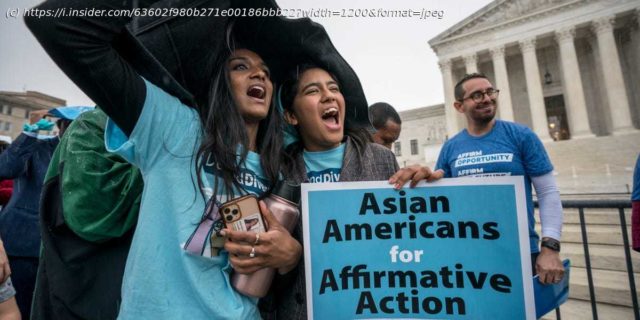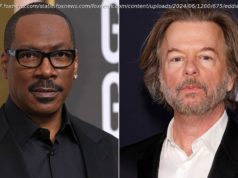Array
The Supreme Court’s conservative justices appeared open to eliminating race as a factor in university admissions processes as they heard two high-profile challenges against Harvard College and the University of North Carolina Chapel Hill on Monday.
During nearly five hours of oral arguments, the court’s six Republican appointees expressed skepticism over the constitutionality of race in the university admissions process, whereas the three liberal justices defended the policies, widely referred to as affirmative action, that have long been used by American colleges to improve diversity in higher education.
Students for Fair Admissions, a nonprofit led by conservative activist and affirmative-action opponent Edward Blum, claimed that Harvard and UNC discriminated against Asian applicants and white and Asian applicants, respectively, by considering race in their admissions processes and by giving unfair „racial preference“ to Black, Hispanic and Native American applicants.
Specifically, SFFA declared that Harvard violated Title VI of the 1964 Civil Rights Act, which prohibits private institutions that receive federal funding from discriminating on the basis of race, and that UNC violated Title VI and the Constitution’s equal protection clause.
The colleges denied the allegations, saying that race plays only a limited role in their „holistic“ admissions processes and that it’s not used to advantage one group over another. The lower courts sided with the schools, prompting SFFA to turn to the nation’s highest court.
Should the court side with SFFA, it would roll back nearly four decades of precedent that has upheld affirmative-action policies in higher education. Advocates fear that such an outcome would have devastating effects on people of color, leading to declining university enrollment rates and reduced workforce participation in the public and private sectors.
Decisions in the cases are expected by June. Here are five key moments from the oral arguments:
Justice Clarence Thomas, the court’s longest-serving member and often considered its most conservative, questioned the meaning of „diversity“ as it was repeatedly brought up in defense of affirmative action.
„I’ve heard the word diversity quite a few times and I don’t have a clue what it means. It seems to mean everything for everyone,“ Thomas asked North Carolina’s solicitor general Ryan Park, who represented the University of North Carolina.
Thomas also questioned what „educational benefits“ racial diversity brings to college campuses. „I didn’t go to racially diverse schools, but there were educational benefits,“ he said.
Start
United States
USA — Cinema Supreme Court's conservative majority seems open to eliminating affirmative action in university...






